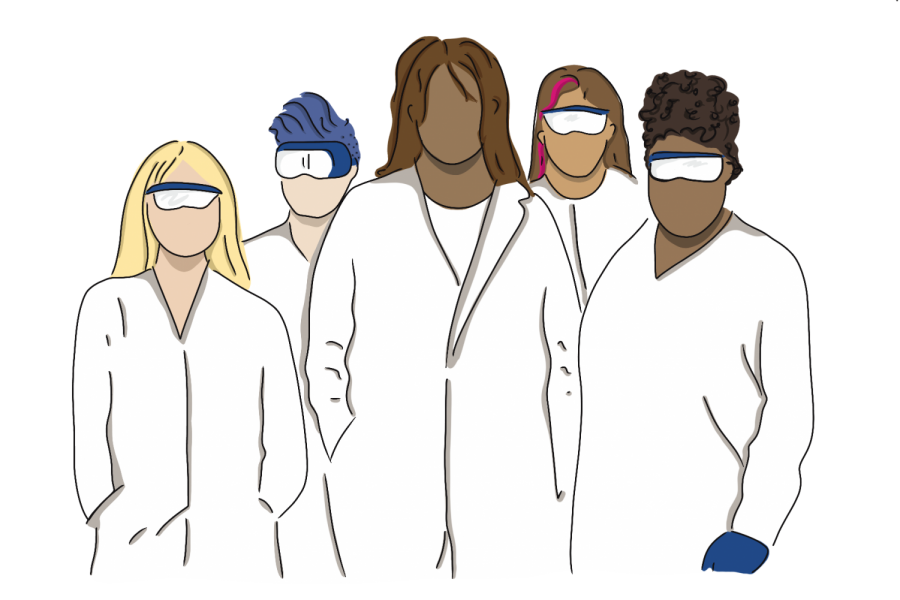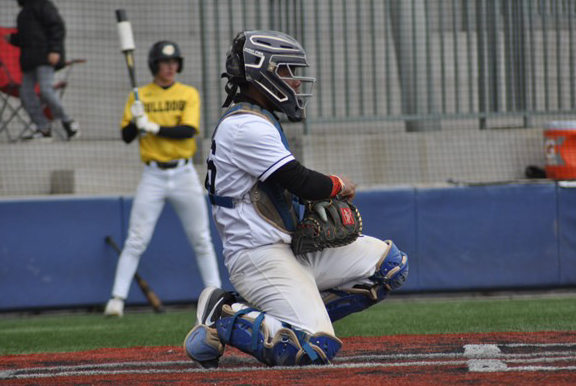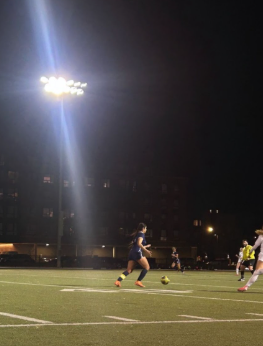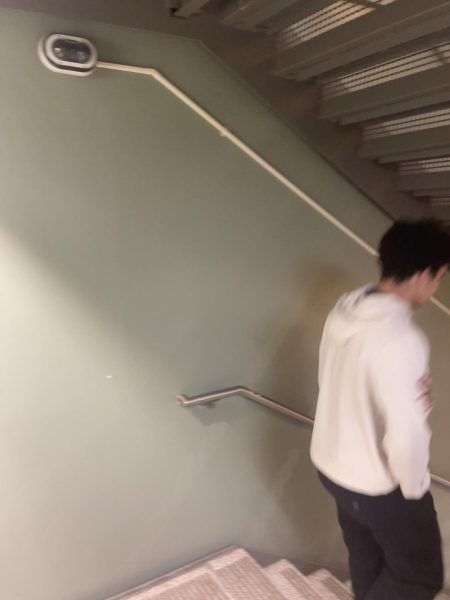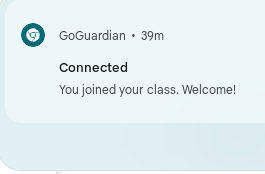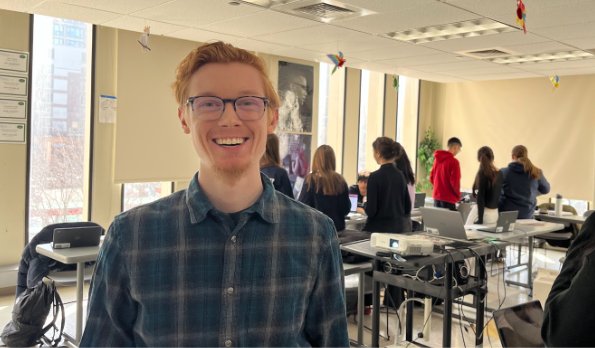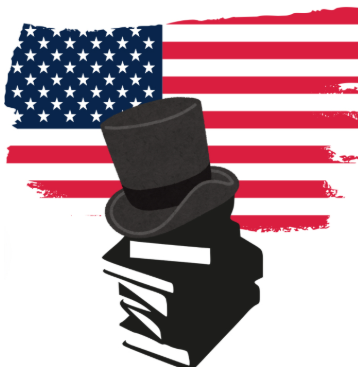More girls in computer science
Jones wins AP Computer Science Female Diversity Award
Principal Paul J. Powers announced in an email that Jones had won a College Board award for having more than 50 percent of their AP Computer Science test-takers being female.
Bryant Jaramillo, a computer science teacher, said that one of the department’s main goals has always been to make the class as accessible as possible to students from various backgrounds.
“We take all of that into account and we have kind of catered what we teach to accommodate as many people as possible, so it doesn’t matter what gender you are, or what your background is, you can still take the class and be successful,” said Jaramillo.
What is credited for discouraging many female students from paths like computer science is that they feel it’s a space where they can’t express themselves. Not having any prior experience with the subject can be discouraging as well.
“What they don’t realize is computer science feeds on your creativity, so a lot of people don’t know what computer science is when they walk into the room, but then once they start learning how to code, learning how to create apps, and creating things,” said Jaramillo.
Computer Science teacher Michael Kolody said the Girls Who Code club, an organization that was created this summer, should be also credited with this award.
“It’s so amazing what that group of students did because I think that they’ve gotten this whole thing going,” said Kolody. “They met regularly virtually and during the summer, which to me was incredible.”
The club’s main objective is to have more female students exposed to coding, with projects that cover topics like mental health and global warming.
“I think it’s a win-win situation where girls benefit from computer science and computer science vastly benefits from more women being in that field,” said the president of Girls Who Code club, Sanya Sharma ‘21. “Computer science is so powerful nowadays, and we’re kind of creating products that apply to everyone. If you’re losing that woman’s voice, then you never get that opinion which literally applies to 50% of the world’s population.”
Trinity Lee ‘21, the club’s vice president, said that spaces that are not diverse can make it difficult for other people to feel welcome in things like computer science spaces.
“[Computer Science] is predominantly made up of cisgender white males,” said Lee. “And so, it is common that women, especially women of color, do not feel welcome in these spaces, and that greatly limits the opportunities afforded to women, and it limits the kind of success that they feel they can attain.”
Lee says their club can be a place for other girls to feel included and cultivate their passions for coding.
“This is really just that space for them to see is this something that I’m interested in something that I could be passionate about, because sometimes in classrooms where they don’t see other people that look like them, they might not feel welcome to explore that interest,” Lee said.

